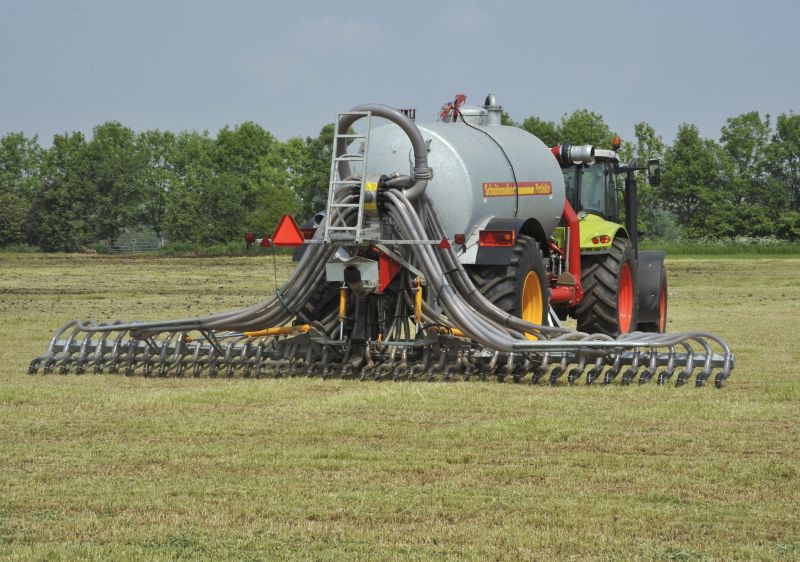
New figures have shown that the government has not brought down levels of ammonia pollution in line with the law, with green campaigners saying it is the latest in an ongoing saga of air pollution failings.
An alliance of environmental groups has criticised the government for not doing enough to cut ammonia pollution from farming – missing current targets and failing to plan for future goals.
The Soil Association, Plantlife International, ClientEarth, RSPB, WWF and the Woodland Trust have penned a letter to Defra Secretary George Eustice to raise concerns.
They say this has led to ammonia pollution sitting at similar levels for more than a decade, despite the many risks it poses.
The groups are calling for urgent action following the publication of 2020’s air pollution statistics last week that show the government missed its ammonia target.
Legally-binding targets were set in 2016 to reduce ammonia emissions by 8% by 2020 and by 16% by 2030 – both compared to 2005 levels.
But new data shows the 2020 reduction target of 8% has been missed. Reductions were nearer to only 7% over this 15-year period - and campaigners are concerned that without urgent action from government, there is no hope of meeting the 2030 target.
Ammonia emissions actually increased from 2013 to 2017, with most of the reduction taking place before the target was even set.
Government has relied too heavily on voluntary action by the farming industry, they argue, and emissions of ammonia, which is a form of nitrogen, are a warning signal for the wider impacts of excess nitrogen.
Gareth Morgan, Head of Farming at the Soil Association said: "We must improve efficiency in how ammonia and nitrogen are used in farming so that less is wasted.
"But it’s also essential to see a reduction in the amount being used in the first place, with a radical shift away from artificial fertilisers.
"If we’re to turn the tide, government urgently needs to spark ambitious action across the sector with more investment for farmer-led research into sustainable solutions.”
